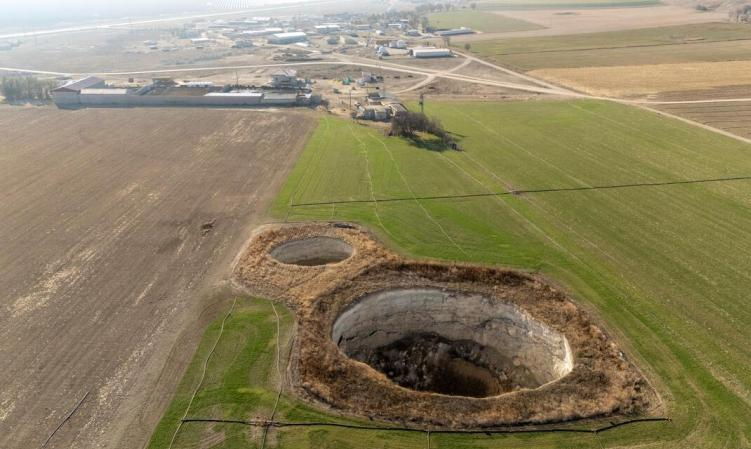
Currently, many Americans feel uneasy about the economy, mainly due to rising prices. However, the recent growth rate seems to have slowed down, and it can even be said that it has entered a stage of deflation. However, economists have warned consumers to remain vigilant, as the overall price decline in the economy is actually an unhealthy sign.
Firstly, deflation refers to the situation where prices generally continue to decline throughout the economy, and occasional drops in consumer goods prices alone do not count as deflation. Since the Great Depression of the 1930s, the United States has never truly experienced deflation. In recent years, Japan has experienced a round of deflation. Since the collapse of the real estate and financial markets in the early 1990s, housing prices have experienced decades of decline and only recently gradually emerged from the slump.
However, the Bank of Spain pointed out on its website that "although price declines may sound like a good thing, deflation may actually cause serious damage to the economy." This is mainly because price declines often hinder consumer purchasing desire. After all, if people believe that they can buy what they want at a lower price in the future, they may choose to postpone their purchases. Therefore, the current willingness to purchase may weaken.
In fact, the health of the economy depends on stable consumer spending. In the United States, household spending accounts for approximately 70% of the entire economy. If consumers generally adopt a wait-and-see attitude and wait for lower prices before purchasing, businesses will face enormous sales pressure and may have to further lower prices. At the same time, employers may lay off employees or cut wages, which may further suppress consumption. This "deflationary spiral" may lead to further price declines, layoffs, and more price declines, ultimately leading to an economic recession.
In addition, bank researchers point out that the biggest economic risk is not a decline in commodity and service prices, but a sharp decline in asset prices such as stocks, bonds, and real estate. The collapse of these asset prices may affect those who hold these assets, as well as banks that provide loans to real estate developers and homebuyers.
In order to avoid economic difficulties, the Bank of Japan adopted a negative interest rate policy in 2016, while the Federal Reserve maintained interest rates close to zero during and after the Great Depression from 2007 to 2009. Deflation can also make inflation adjusted loans more expensive, thereby harming the interests of borrowers.
However, when prices fall, Americans can indeed expect an increase in wages. If food or gasoline prices plummet, as long as households continue to work, their purchasing power may increase. Some economists even question the view that deflation poses a serious economic threat. According to a study by the Bank for International Settlements at the World Bank Forum, a review of deflation events in 38 economies over the past 140 years found that the correlation between price declines and economic growth is "weak, mainly due to the Great Depression.".
Overall, during a period of deflation, the confidence of businesses and consumers may be affected, and they may be unwilling to increase investment and consumption, thereby limiting the effectiveness of the central bank's monetary policy. Consumers and businesses may reduce investment and consumption, and borrowing demand may also decrease. Due to the decline in prices, consumers may delay purchasing decisions and wait for further price declines, which may lead to reduced consumer spending and have a negative impact on the US economy.

Due to the continuous decrease in rainfall and the rapid drop in groundwater levels, several large sinkholes have successively appeared in several agricultural areas in central Turkey in recent years, causing great concern among local farmers and environmental experts.
Due to the continuous decrease in rainfall and the rapid dr…
The Prime Minister's Office of Israel said Hamas attacked I…
Fourteen countries including the United Kingdom, France and…
The US Department of Justice said on Wednesday (December 24…
The Japanese government has submitted a draft, planning to …
On December 25th local time, NVIDIA announced a technology …